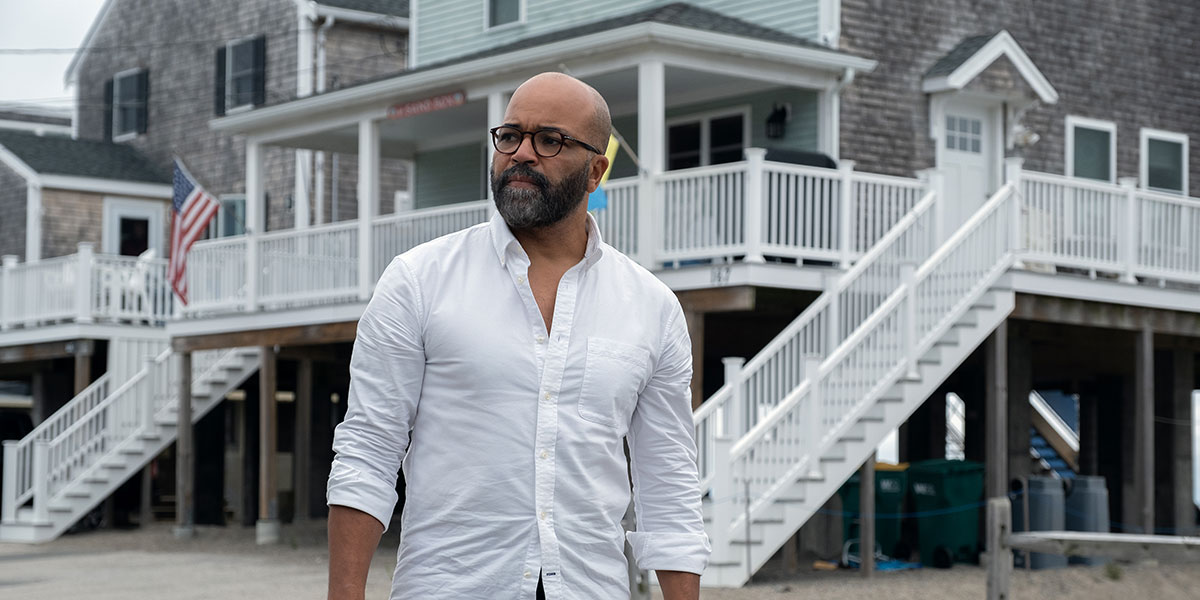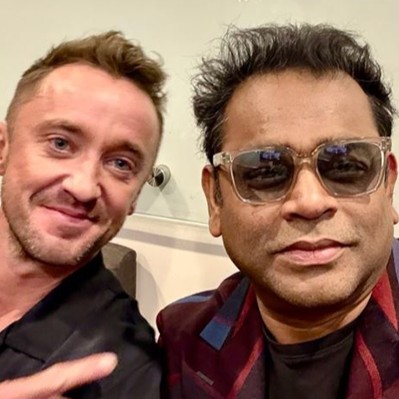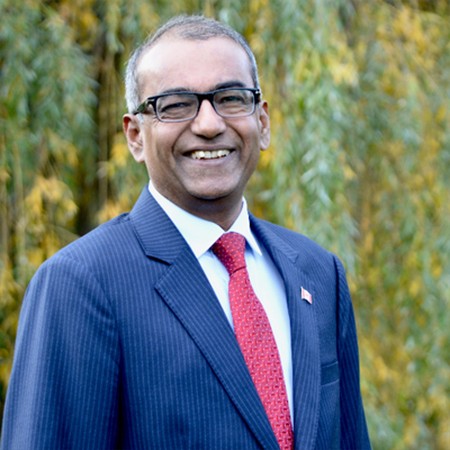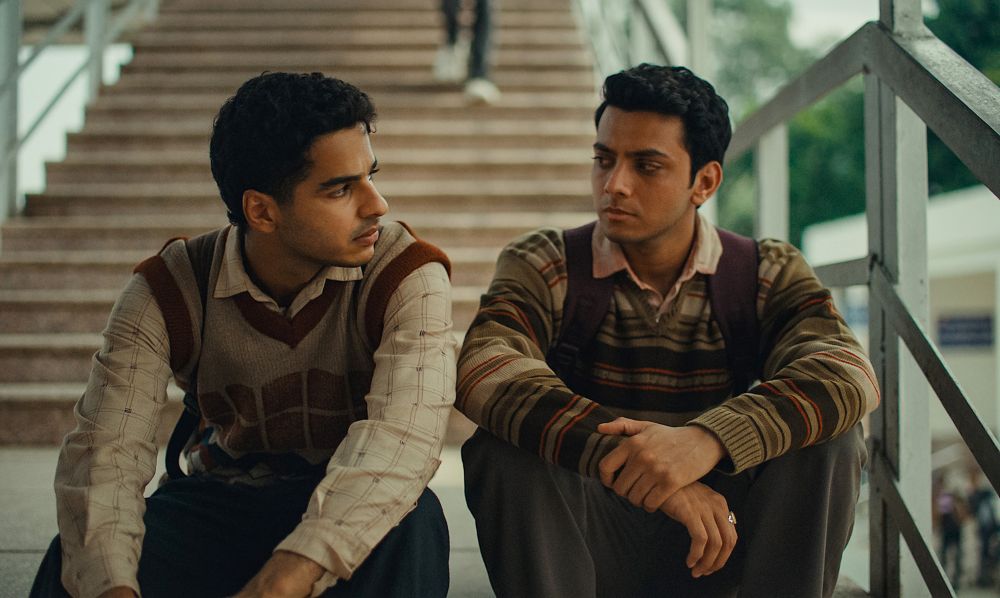By Renu Mehta
Toronto
Amrit Kaur, who starred in Fauzia Mirza’s The Queen of My Dreams at the Toronto International Film Festival (TIFF) was celebrated as part of the TIFF Rising Stars this year.
Kaur is known as an artistic hyphenate: an actor, comedian, director, and writer, who believes in acting as a humanitarian art form with the power to heal, transcend, and empower. The actor is best known for her breakout role on Mindy Kaling and Justin Noble’s HBO Max hit series, The Sex Lives of College Girls. Off-screen, Kaur continues to maintain a strong connection to the theatre. She is an ensemble member of Gracemoon Arts Company, which is building an off-Broadway theatre opening in Brooklyn, NY later this year.
Mirza’s first feature The Queen of My Dreams also stars Hamza Haq and Nimra Bucha. The film is a Canadian coming-of-age picture, tracing key moments in the lives of a mother and daughter born three decades apart.
The storyline follows a Pakistani woman and her Canadian-born daughter as they come of age in two eras. In 1999, after the sudden death of her father Hassan (Hamza Haq) Azra flew back to her ancestral home in Pakistan, where her stern mother Mariam (Nimra Bucha) demanded she play the role of the perfect grieving daughter. But through flashbacks to Mariam’s own life in Karachi 30 years before, we see the connections uniting mother and daughter, starting with their shared love of Bollywood star Sharmila Tagore.
The film takes place in three time periods and two countries. In the film, Kaur performs two roles that of Azra, queer Muslim grad student, and her mother in her younger days.
Mirza’s co-star Haq calls Kaur absolutely ruthless when it comes to acting and says she has dedicated her life to it. In his words to Collider “I love her dearly and I can’t stand her. All she talks about is acting. That is such a blessing to any story and any director. She will say No we are not done yet and we go again and again regardless of the emotional cost, because it is worth it for the artistic process.”
Kaur worked very hard to prepare for her roles in the film.
“I did a lot of life work,” says Kaur. “I did a five-week intensive acting class right before and I was scared going into this film looking at sexuality, looking at generational abuse, connection to my homeland, relationships with my mother. I also had to do a lot of body character as I was doing two roles.”
“There were so many things that I wanted to be true that I hadn’t looked at during my life. So this was a call to action. If I had to do that all over again, I would go deeper looking at it with sensitivity and love.”
The best part of the shoot, she says, is that the film was shot in Pakistan.
“The fact that it was shot in Karachi,” she says. “I think there was so much activism by itself. There are so many Pakistani films that are not shot in Karachi and there was so much pushback with insurance companies and so much political judgment.”


























